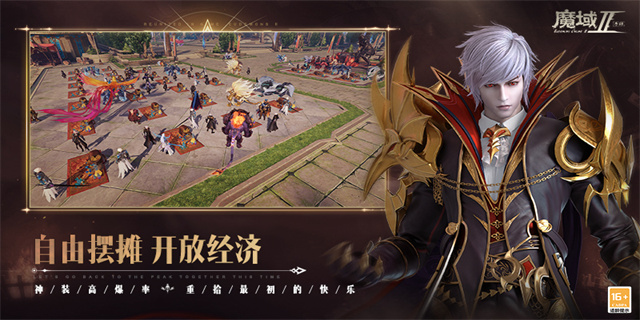The Origins of Game Titles
Introduction
In the world of gaming, a game title serves as the face and identity of a game. It captures the essence of the game, attracting players and reflecting its unique concept or storyline. A great game title should be catchy, memorable, and intriguing. In this article, we will explore the origins of game titles, analyzing the techniques used to create captivating names.

The Power of Words
Words have an incredible ability to evoke emotions and paint vivid pictures in our minds. Game developers understand this power and utilize it to create impactful titles. Many game titles use strong and descriptive words to grab the attention of potential players.

For example, the title \"Assassin's Creed\" immediately sparks curiosity and interest. The word \"assassin\" represents an enigmatic and dangerous figure, while \"creed\" suggests a code of ethics or belief system. This combination creates an aura of mystery and adventure, enticing players to explore the game.
Similarly, the game title \"Mortal Kombat\" is powerful and intense. The word \"mortal\" emphasizes the deadly nature of the fights, while \"kombat\" adds a sense of competition and conflict. This combination appeals to players who crave fast-paced and adrenaline-pumping gameplay.
Symbolism and Metaphors
Some game titles use symbolism and metaphors to convey deeper meanings and themes. These titles often have a poetic and thought-provoking quality, capturing the essence of the game's story or setting.
One such example is the game title \"Bioshock.\" The word \"bioshock\" combines \"bio,\" referring to life, and \"shock,\" suggesting a dramatic and disruptive event. This title perfectly encapsulates the game's narrative, which revolves around a society built on the principles of genetic modification and the consequences of tampering with life.
Another game that employs symbolism in its title is \"Journey.\" This simple yet evocative word represents the game's central theme of self-discovery and personal growth. The title suggests that the player's experience will go beyond mere gameplay and immerse them in a transformative adventure.
The Art of Alliteration
Alliteration is a powerful linguistic technique that involves using similar sounds or letters in adjacent words. Game titles that incorporate alliteration often have a catchy and rhythmic quality, making them easier to remember and pronounce.
One famous example of alliteration in a game title is \"Pokémon.\" The playful combination of \"poké\" and \"mon\" rolls off the tongue and sticks in the memory. This title not only captures the essence of collecting and training various creatures but also helps establish the franchise's iconic brand.
Another game that utilizes alliteration is \"Borderlands.\" The repeated \"b\" sound in \"border\" and \"lands\" adds a sense of harmony and balance to the title. It also hints at the game's post-apocalyptic setting and the exploration of vast territories.
Conclusion
Game titles are essential in attracting players and conveying the unique experience a game offers. Through strong words, symbolism, and alliteration, game developers create titles that ignite curiosity, evoke emotions, and leave a lasting impression. Whether through a single impactful word or a combination of linguistic techniques, a well-crafted game title can significantly contribute to the success of a game.
So, next time you come across a captivating game title, take a moment to appreciate the thought and creativity that went into its creation.


















